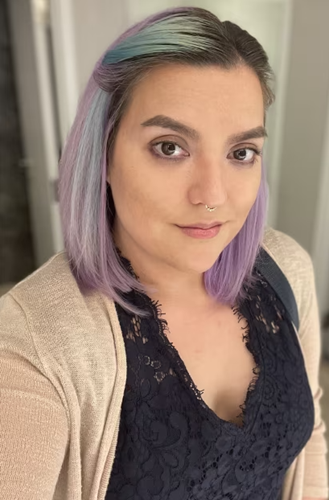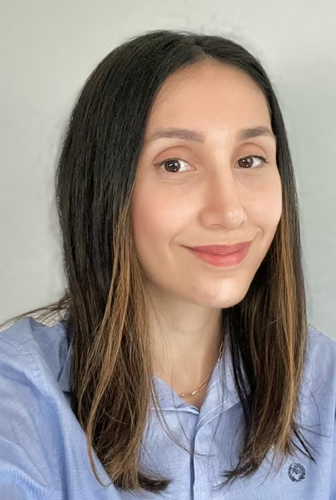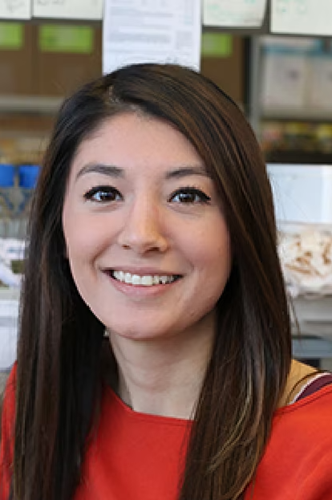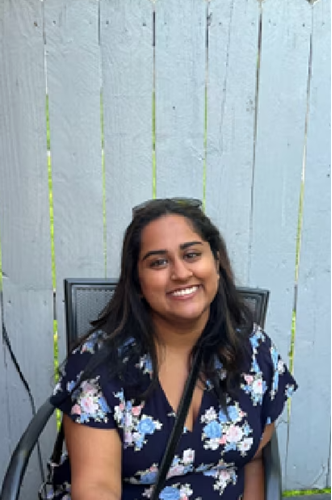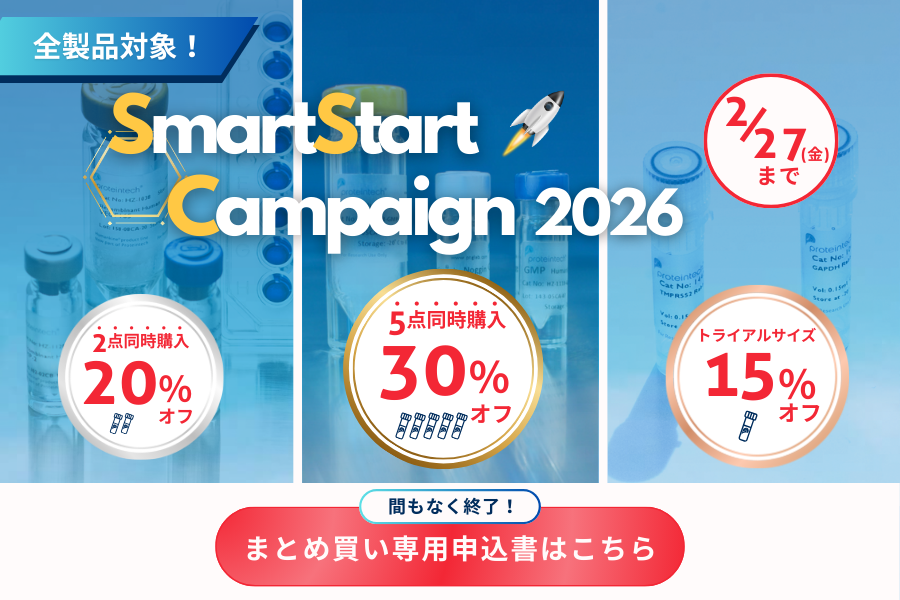Women in Science
International Day of Women and Girls in Science
The New Generation of Women in Science: Who are They?
To celebrate “International Day of Women and Girls in Science” we got to know four amazing women who are currently on the path towards their PhDs.
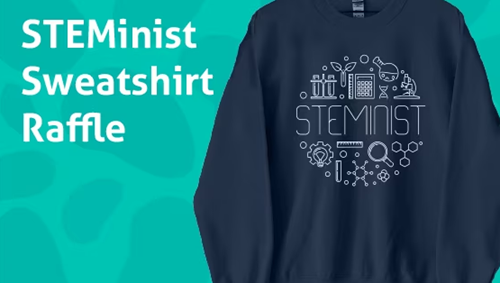
Thank you to all those who participated! The winners are...
-
Shruti N. University of Michigan, Ann Arbor
-
Eunice K. Stoney Brook University
Question 1/10
Why did you become a scientist?
My health! I was in theater arts and dance until my 3rd year of undergrad, where I was diagnosed with endometriosis (had surgery the whole shebang). I was kind of forced to reassess what I could do physically and mentally, and in doing so, I remembered how much I loved STEM and decided to give it. After I recovered, I transferred from Cal State LA to Cal Poly Pomona, and got my Bachelor's in biotech with minors in chem and theater.
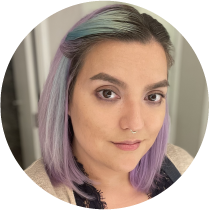
Nicole Lynn
UCLA
I love that you get to research for a living and constantly update your knowledge! Being a scientist combines all my favorite things: teaching, experimenting, reading, socializing, and writing!
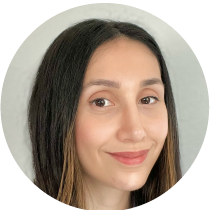
Sepideh Dadkhah
University of Kentucky
I became really interested in genetics in high school biology class, but I was only motivated to pursue graduate research during my 4th-year honors project when I realized I really enjoyed research.
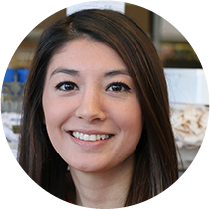
Jessica Lacoste
University of Toronto
I became a scientist to better understand the way the world works. I believe there is an unmet need in our society to make science more digestible for those outside the field. The role of a scientist should extend beyond the bench, and a key responsibility should be to clearly articulate their knowledge to those with and without a scientific background.
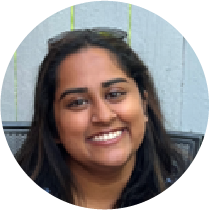
Sripriya Raja
University of Pittsburgh
Question 2/10
What advice would you give to girls interested in science?
It is a man's world right now... and that is subject to change! Every girl we recruit, educate, mentor, and uplift in STEM will transform into a woman who changes the current status quo. We need more women in this field, to give insights and a voice that otherwise isn't in the room during important decisions like healthcare and medical treatments.

Nicole Lynn
UCLA
I would tell them to start as early as possible with different scientific camps or volunteer for research labs as soon as high school!

Sepideh Dadkhah
University of Kentucky
To pursue projects that interest you.

Jessica Lacoste
University of Toronto
Stay resilient and true to yourself, there will situations where the nature of science and learning will make you doubt your abilities to become a scientist, but part of the journey is learning from your mistakes.

Sripriya Raja
University of Pittsburgh
Question 3/10
What was the biggest challenge you faced in your journey to becoming a scientist?
I would say changing from arts to STEM. A lot of people will want to label you based on what they 'know' about you on paper, and sometimes you're not given a fair shot. I had a lot of insecurity from having an artsy past but came to realize it has helped me a lot more than I imagined. I am much better at presenting in a room, engaging an audience, etc. I, fortunately, learned through this struggle that our insecurities can be our strengths.

Nicole Lynn
UCLA
An enormous amount of imposter syndrome and trying to understand the different tracks I can take to have a career in science.

Sepideh Dadkhah
University of Kentucky
The biggest challenge was during the first few years of my PhD when there was a big learning curve coming straight from undergrad.

Jessica Lacoste
University of Toronto
Powering through a stretch of failed experiments and accepting that myself and my experiments are separate entities.

Sripriya Raja
University of Pittsburgh
Question 4/10
Where do you see yourself in five years?
I would love to be working in the industry, potentially with translational medicine or working for a large company that does biotech/cancer research. I also hope to run a STEM YouTube channel to promote science.

Nicole Lynn
UCLA
I would hope that I have used what I learned during graduate school to curate a career that I am passionate about. I hope that I would be in a place to encourage more underrepresented students to play a part in academia.

Sepideh Dadkhah
University of Kentucky
In 5 years I hope to be finishing a successful post-doc and pursuing a new project that excites me.

Jessica Lacoste
University of Toronto
I hope to be in a science communications role where I can help improve societal opinions and trust in science and foster the development of the next generation of scientists.

Sripriya Raja
University of Pittsburgh
Question 5/10
What advice would you give to your former self?
Don't be so hard on yourself. You are smart and capable.

Nicole Lynn
UCLA
If I were to go back with the experience I have now, I would apply for more opportunities even if there is a small possibility of being selected.

Sepideh Dadkhah
University of Kentucky
To have more confidence in myself.

Jessica Lacoste
University of Toronto
Always write things down, and if you must write them on a sticky note, move it to a more permanent place ASAP.

Sripriya Raja
University of Pittsburgh
Question 6/10
What is your biggest pet peeve in the lab?
CHORES!!! If you have a shared chore, DO IT! Your lab mates depend on you, and it just sucks planning experiments only to find that you're out of the buffer.

Nicole Lynn
UCLA
Although very unlikely, I was always worried about the wrong fly getting into the wrong vial and mating!

Sepideh Dadkhah
University of Kentucky
When other lab members use the last consumable or material before ordering more for others.

Jessica Lacoste
University of Toronto
Letting the waste containers pile up, Tetris is fun online not in real life.

Sripriya Raja
University of Pittsburgh
Question 7/10
What is your favorite cell type? Why?
RPE1, they're really pretty to look at.RPE1, they're really pretty to look at.

Nicole Lynn
UCLA
Somatic cells encapsulating the testis in Drosophila! I would really like to know how they are affecting spermiogenesis!

Sepideh Dadkhah
University of Kentucky
U2OS cells because they look the best in immunofluorescence images (they are big and flat).

Jessica Lacoste
University of Toronto
Question 8/10
What is your favorite technique to do in the lab?
Immunofluorescence, just because of how pretty it is at the end.

Nicole Lynn
UCLA
Testis dissection and staining. There’s something funny and special about telling everyone that you dissect testis out of fruit flies!

Sepideh Dadkhah
University of Kentucky
Immunofluorescence.

Jessica Lacoste
University of Toronto
Immunofluorescence assays are fun, you get to capture beautiful images, bonus points if the signal is where you expect it to be.

Sripriya Raja
University of Pittsburgh
Question 9/10
Do you have a role model who has shaped who you are today?
Dr. Buckley, Dr, Adler (now deceased) and Dr. LaMunyon of Cal Poly Pomona, and Anthony Albecker of the Trio McNair program at the University of Minnesota. These individuals made me feel like I truly belonged in STEM.

Nicole Lynn
UCLA
Yes! I have had many. My parents who have instilled a love for education in me, my teachers who have made my love for science grow even more, and more recently the supportive environment I had at the University of Kentucky.

Sepideh Dadkhah
University of Kentucky
For my 4th-year honors project, I was mentored by Dr. Melanie Dobson at Dalhousie University and she really encouraged me to pursue research and do a Ph.D. Without her guidance, I wouldn’t have become a research scientist.

Jessica Lacoste
University of Toronto
Question 10/10
What makes your lab special to you?
Connecting with my lab mates, PI/mentor, and people in the building. I think being able to see everyone and talk about the ongoing research is important to growth in STEM both in the sense of scientific and self-discovery. We are social beings after all, and the ability to talk out our research or sometimes life problems in and around the lab makes it a special place to me.

Nicole Lynn
UCLA
My advisor is very special. He has shown me an exceptional example of acceptance and inclusivity that I only hope to bring into other academical settings.

Sepideh Dadkhah
University of Kentucky
Exciting projects and other lab members that make going to the lab more fun.

Jessica Lacoste
University of Toronto

